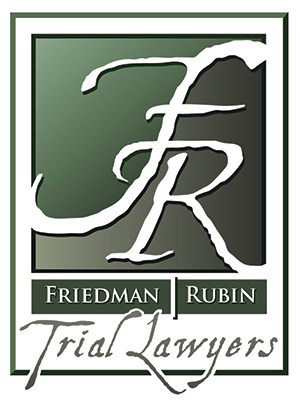Jury Awards $5.86 Million for Brain Injury
Seattle, WA
A King County jury awarded $5.86 Million to a Washington man injured in a head-on collision. FR’s client suffered a fractured leg, various contusions and a traumatic brain injury (TBI) causing him to remain in a coma for several days following the accident. The seriousness of plaintiff’s brain injury was the central issue in the claim.
Defendant’s vehicle was insured by PEMCO with a policy limit of $1.25 Million. Plaintiff made a policy limit demand at mediation but it was rejected by the insurer. At the same time, PEMCO assured its driver that in the event of an excess verdict, it would pay “any amount awarded.”
Plaintiff’s attorney, Ed Harper of Kirkland, recognized that PEMCO’s assurance to its driver meant that there was no cap on potential recovery. He asked Rick Friedman of Friedman | Rubin to join him for the trial.
Friedman recognized that the difficulty with the case was getting the jury to recognize the seriousness of the client’s brain injury despite his retained intellectual capacity and communicative skills. At the same time, it was necessary to counter the defense strategy which sought to blame the client.
Friedman’s strategy was straightforward. In addition to the medical and psychological experts, the focus at trial would be the testimony of friends, family, and others, who could shed light on the client’s mental deficits. In-depth interviews of parents, friends and others revealed telling examples of the client’s mental abilities before and after the accident. These stories supported the expert testimony indicating that while the client substantially retained his native intelligence, he now has great difficulty with memory, concentration, and multi-tasking.
Facing Harper and Friedman at trial caused PEMCO to re-evaluate its settlement position. Having previously rejected plaintiff’s $1.25 Million demand at mediation, PEMCO offered $2 Million as the trial got underway. As the trial proceeded, PEMCO upped its offer to $2.5 Million. These offers were considered but were allowed to expire as Harper and Friedman concentrated on delivering a better result. After a two week trial, the jury returned a fair verdict.
